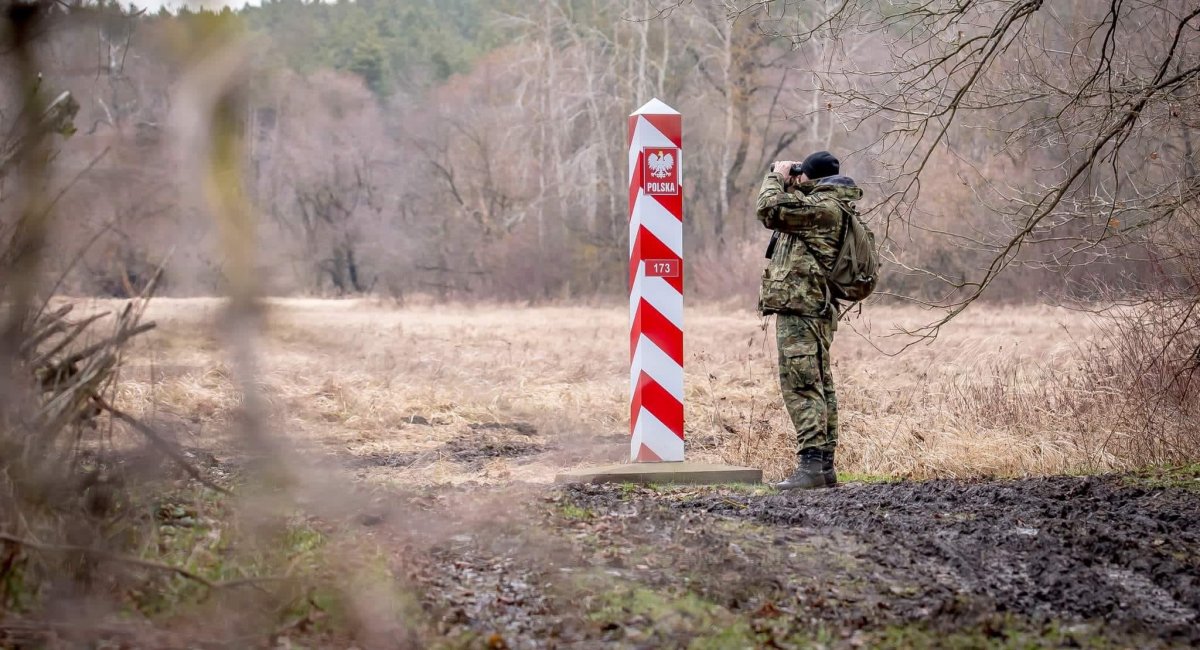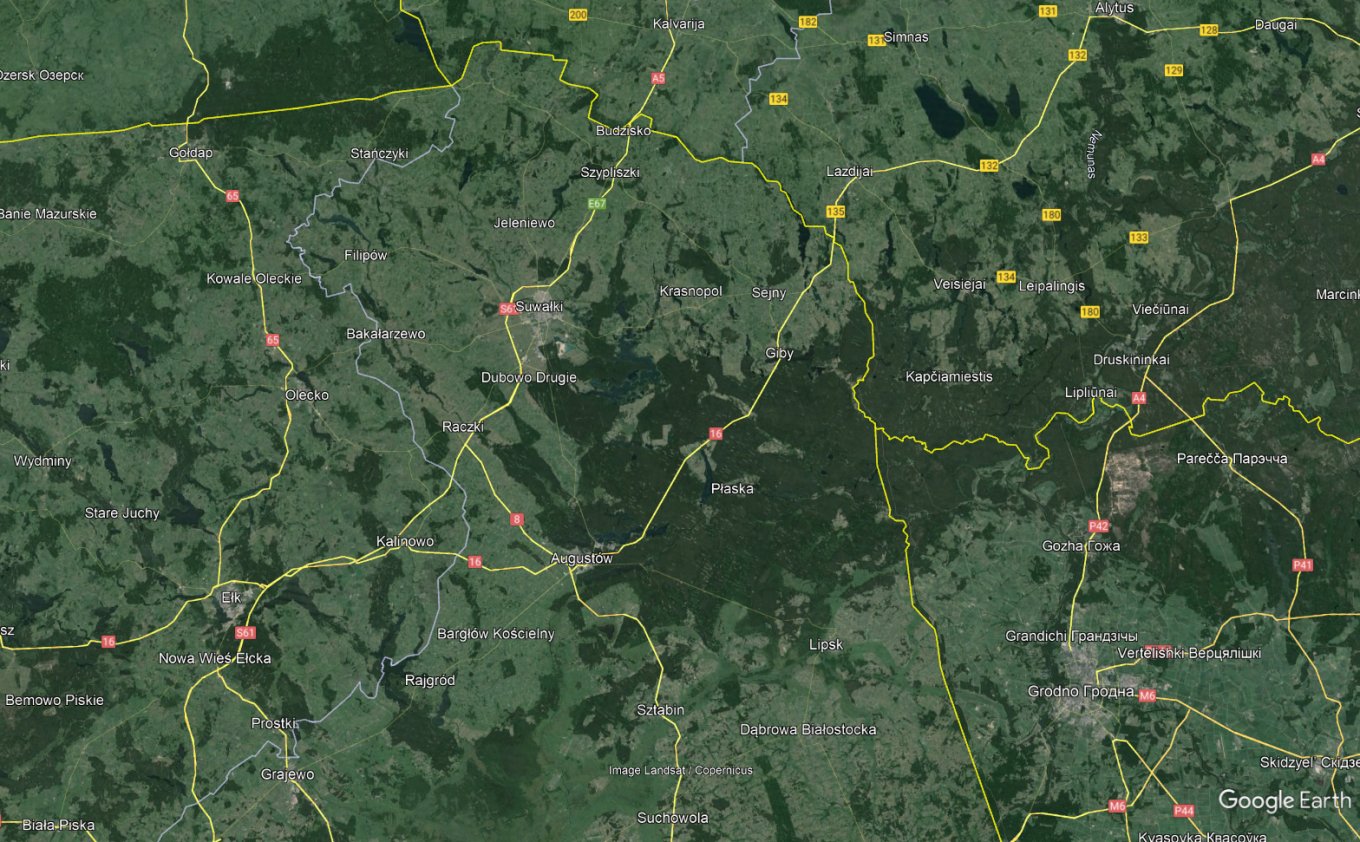
Farmer’s outpost: Poland can’t build defense structures on private land
As long as Warsaw is unable or unwilling to solve the problem of alienation of private land of farmers, it is impossible to build a line of fortifications
While the Baltic states have begun implementing a large-scale joint project, the Baltic Defense Line, to create a network of fortifications on the border with Russia and Belarus, Poland has not even started working on it yet. And not because they don’t understand the need, but because farmers and private property stand in the way.
This issue was raised in Poland by Bohuslav Benbenek, the former head of the military engineering department of the Polish Armed Forces Main Command, who bluntly stated that there is very little time to build fortifications along the border, but no attempts are being made to solve it at all. No money is allocated for this, and there are no regulations for work in the border zone at all.
The fact is that the entire border zone in Poland is usually 15 meters along the border, beyond which mostly private land begins.

“Unless there are legal decisions that make this possible, no construction of any fortifications will begin, for example, in the area of Dąbrowa Białystocka, Sokółka or Suwałok. People will not allow the construction of fortifications on their private land,” he told Gazeta Prawna.
Defense Express notes that one of the most likely scenarios for a Russian attack against Poland and the Baltic states is through the Suwalki corridor, which is the shortest stretch between the Kaliningrad region and Belarus. At the same time, it is a rather difficult forested area with a minimum of roads.

But just to the south of it, in the Lipsk area, there is already open flat terrain and the possibility of access to a high-quality road network. It is difficult to talk about the possibility of stopping the Russian army in this area without full-fledged fortifications. The situation is similar on the immediate border of Poland and the Russian Kaliningrad region.

That is why the most logical way: to alienate the land, turn agricultural fields into minefields, dig ditches, install piles, and concrete strongholds on the heights – is shattered by reality. Because it is private property, with households tens of meters from the border. And the problem of creating effective fortifications is compounded by the fact that Poland has abandoned anti-personnel mines.
And, as Bohuslav Benbenek laments, even the beginning of a dialog with farmers is shattered by political processes, as the country holds various elections almost every year.
And the situation becomes most critical if we remember that without a similar Polish defense line, the Baltic Defense Line loses a bit of its meaning, because it can be simply bypassed through Poland, because in the scenario of a Russian invasion, it will still be fighting the entire NATO, or, in a pessimistic scenario, only against its European segment. Its maximum capacity allowed only for maneuver defense to wait for the arrival of the main forces from the United States.

